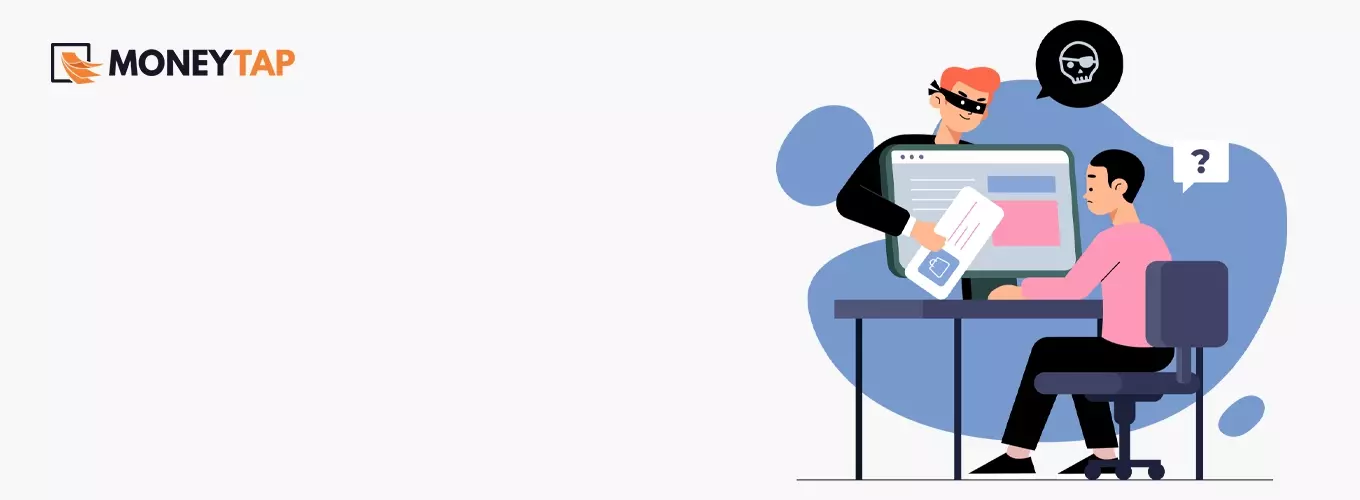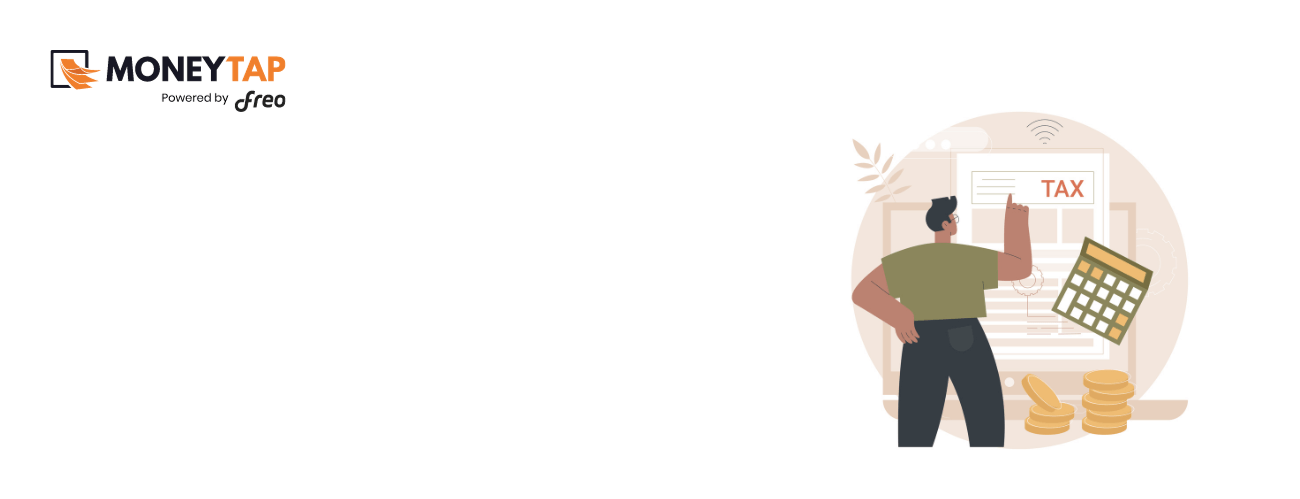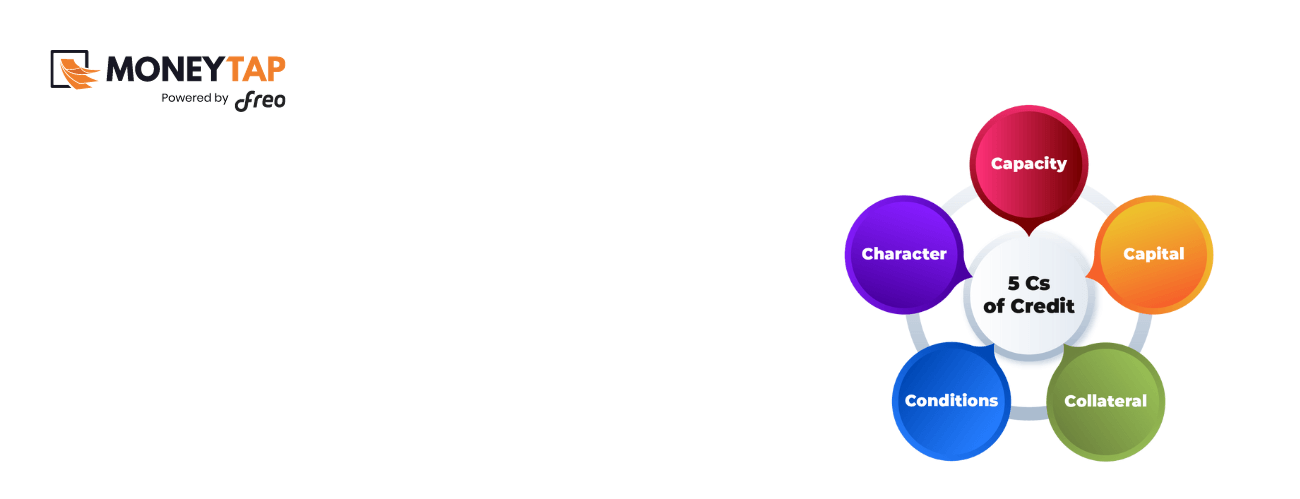12 Tips To Protect Yourself From Fraud While Taking an Online Loan
Topic
- Around India with MoneyTap 1
- Consumer Durable 1
- Credit Cards 32
- Credit Score 27
- Finance 33
- General 52
- Know MoneyTap Better 26
- MoneyTap 50
- MoneyTap in Daily Life 38
- Personal Loan 86
- Shopping on EMI 4
- Wedding Loan 1
Over the last few years, we’ve seen a massive rise in the world of online payments. Many of us prefer paying our local shops, malls and markets digitally because that allows us to get some fantastic cashback while shopping for our favourite products. The digital revolution has also made the process of getting loans more accessible. People can apply for a Personal Loan with minimal documentation from the comfort of their homes.
While this is great for many people, it has also led to the development of online scams in our country. Hence, here are some tips that’ll help you to stay safe from fraud online while taking a Personal Loan.
1. Always sign out of websites before leaving
Sign out before leaving the site whenever you log in to online banking or a loan website. Make sure you keep your financial records private and take care of your credit card information. Keep your financial documents safe and secure because doing so can help you prevent identity theft.
2. Always remain vigilant for potential scams
The best way to stay protected from Online Loan and Credit Card scams is by having complete information on them. You must double-check every loan offer you receive and verify their contact details to see if they are legit.
Get more info on the lender and check for the reviews of their service to get an idea of the user experience. You can also visit the RBIs website to see if the lender is legal. If you plan to apply for a loan through the App, make sure you download the legit app from the official sources.
3. Never transfer funds without verifying the identity
As the title suggests, you should never transfer funds without verifying your identity. Banking authorities usually don’t ask you for a lot of confidential information on a call and hence if someone needs too many details, make sure you verify their identity. Make sure you transfer the funds using a secure private connection instead of using public WiFi.
4. Make sure the app or website is safe
Using an unsecure website can lead to phishing attacks, and it can also give easy access to your personal information to the scammer. Using Public WiFi in places like Shopping Malls and Restaurants could also put your confidential data at risk because scammers can intercept through it and steal your card details. The card details include your PIN and private information, so you can easily lose money if that gets leaked.
5. Verify That The Website You’re Visiting Is Secure
When a website is secure, you’ll see that it uses HTTPS:// rather than just HTTP://. You can check this easily on any web browser on your laptop or mobile.
6. Be Wary Of Phishing Calls, Sms, And Emails:
You must be aware of any phishing calls, SMS or emails you receive. To do this, you can use Identity verification apps that show you the details of the person who is calling. Fraud numbers are usually marked as spam, and they will give you an idea of the person who is calling you. If you encounter any number like this, make sure you report it to the authorities.
7. Update your computer and mobile security
Make sure you keep getting regular updates for the operating system on your phone and laptop because it brings in new security updates that help you to stay safe. If you have any antivirus software installed, make sure you update them as well.
8. Never share your sensitive personal information
As mentioned earlier, banking authorities won’t ask you for your sensitive personal information via Phone, Email or SMS. Therefore, you shouldn’t share your personal information with strangers using these mediums or on any social media websites.
9. Don’t respond to calls asking for remote access to your computer
Talking with a stranger and giving him the remote access to your computer is the most dangerous thing you can do. These types of scammers usually say that there is a virus on your PC, and they want access to some software that can allow them to fix it. Once they have access to your computer, they’ll probably lock your computer or make your data inaccessible.
These scammers then ask you for some ransom, and if you don’t pay it, you lose your data and access to your personal computer.
10. In case the security of your bank details has been compromised
Many people often end up losing their debit card or credit card, and in situations like this, you should immediately get your card blocked. You can do it directly from the bank account’s app or call the customer care executives to help you.
11. Read the site’s privacy policies
While reading the privacy policy can be a long and tedious task, it can give you information on how the site protects the data and personal information it collects. If you aren’t satisfied with the privacy policy, search for another provider to get a loan.
12. Set strong passwords
Having a strong password can easily help you keep your financial information secure. Make sure your password has more than eight characters, including uppercase and lowercase letters, numbers, and special characters.
Getting your financial information leaked can cause many problems, but you can easily stay safe from online fraud when you take the proper measures to protect yourself. If you have any such queries while applying for a personal loan, you can reach us at hello@moneytap.com








 Get it on playstore
Get it on playstore Get it on appstore
Get it on appstore